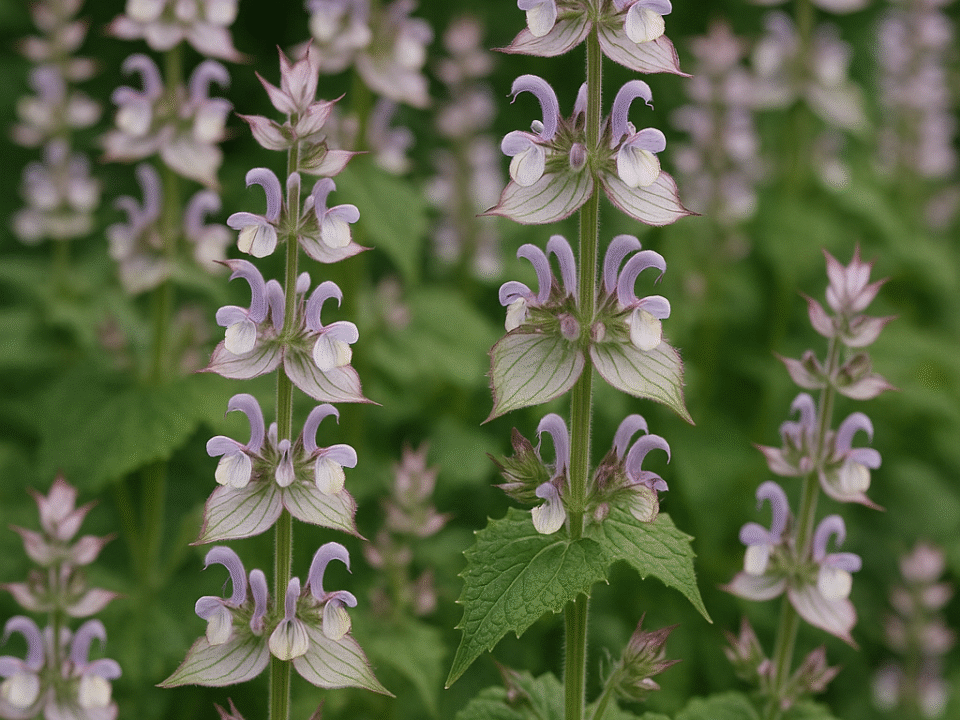
Lysine, a crucial α-amino acid, serves as a building block for many vital proteins in the body. It is classified as an “essential” amino acid because the human body cannot synthesize it, meaning lysine must be obtained through diet or supplementation. Foods rich in lysine include avocados, nuts, dairy products, red meat, chicken, and fish—all of which are excellent sources. For those who may not get enough through diet alone, lysine is also available as a separate supplement, though it is not typically included in standard multivitamins.
Lysine is instrumental in several key biological functions, the most notable being protein synthesis, or proteinogenesis. It also aids in crosslinking collagen polypeptides, ensuring collagen’s structural stability. Additionally, lysine supports the body’s absorption of essential minerals and is involved in producing carnitine, a compound critical for metabolizing fatty acids into usable energy. This energy conversion process is not only vital for overall bodily functions but also particularly beneficial for maintaining healthy, vibrant skin.
Every amino acid contributes more than just building blocks for proteins; each brings unique properties that benefit the body in distinct ways. Lysine, specifically, is recognized for its energizing effects and its specific contributions to skin health.
Lysine-derived proteins are integral to the skin’s essential functions, especially its elasticity. By helping the skin maintain its natural ability to stretch and rebound, lysine supports resilience and integrity, which are fundamental to youthful-looking skin. This elasticity is essential for the skin’s protective barrier, which acts as a shield against environmental damage and aging effects.
One of lysine’s primary roles in skincare is its involvement in collagen production. Collagen is a protein that provides structural support to the skin, contributing to its firmness, elasticity, and overall strength. Lysine helps to build and maintain collagen, which not only helps in preserving skin’s youthful appearance but also plays a role in reducing the appearance of fine lines and wrinkles. By supporting collagen, lysine aids in keeping the skin firm and resilient, counteracting the natural loss of elasticity that occurs with aging.
In most cases, individuals who consume a balanced diet rich in lysine-containing foods are likely to receive sufficient amounts of this essential amino acid. Those who may not get enough lysine from their diet alone, however, can consider a standalone lysine supplement. The good news for skincare enthusiasts is that lysine supplementation is generally well-tolerated and, based on standard dietary intake, lysine has no known side effects.
Lysine is much more than a fundamental building block in protein synthesis; it plays a unique and essential role in maintaining skin health. By supporting collagen production, contributing to elasticity, and enhancing overall skin resilience, lysine can be a valuable component in any skincare regimen. Whether through dietary intake or supplementation, ensuring sufficient lysine intake can aid in maintaining a firm, youthful complexion and support the skin’s natural ability to protect itself.



